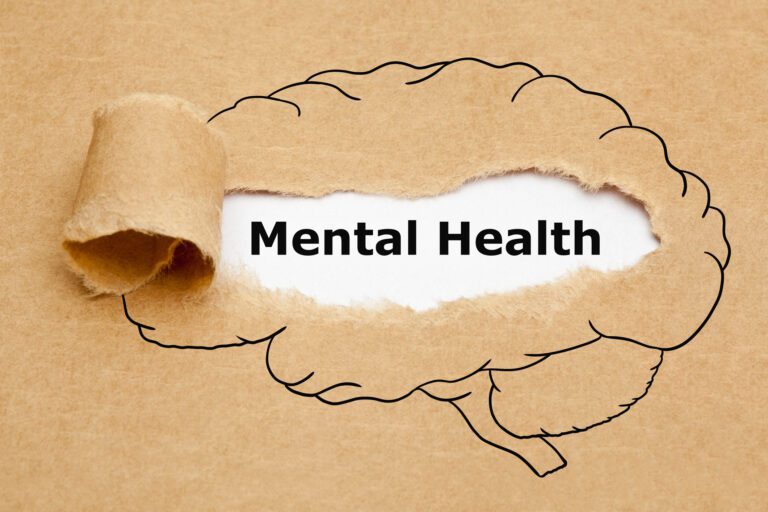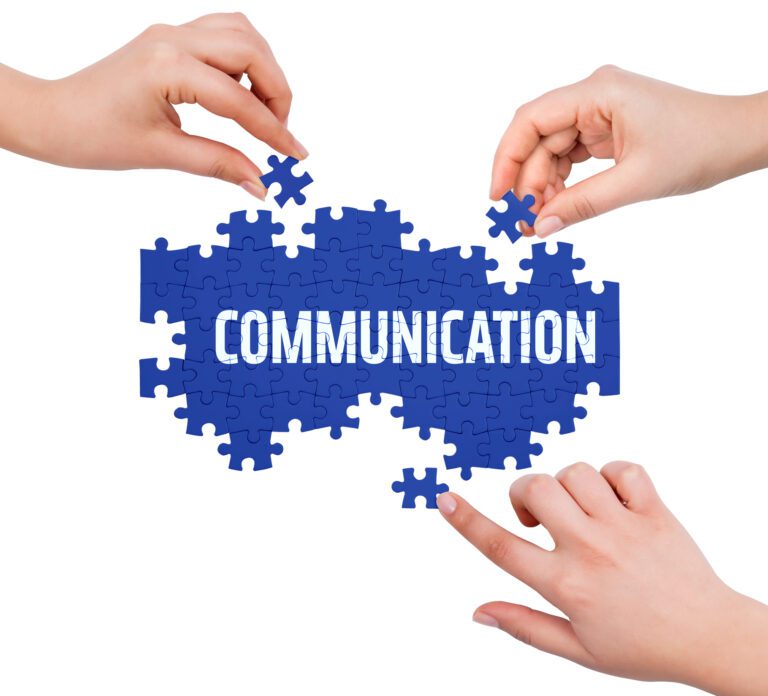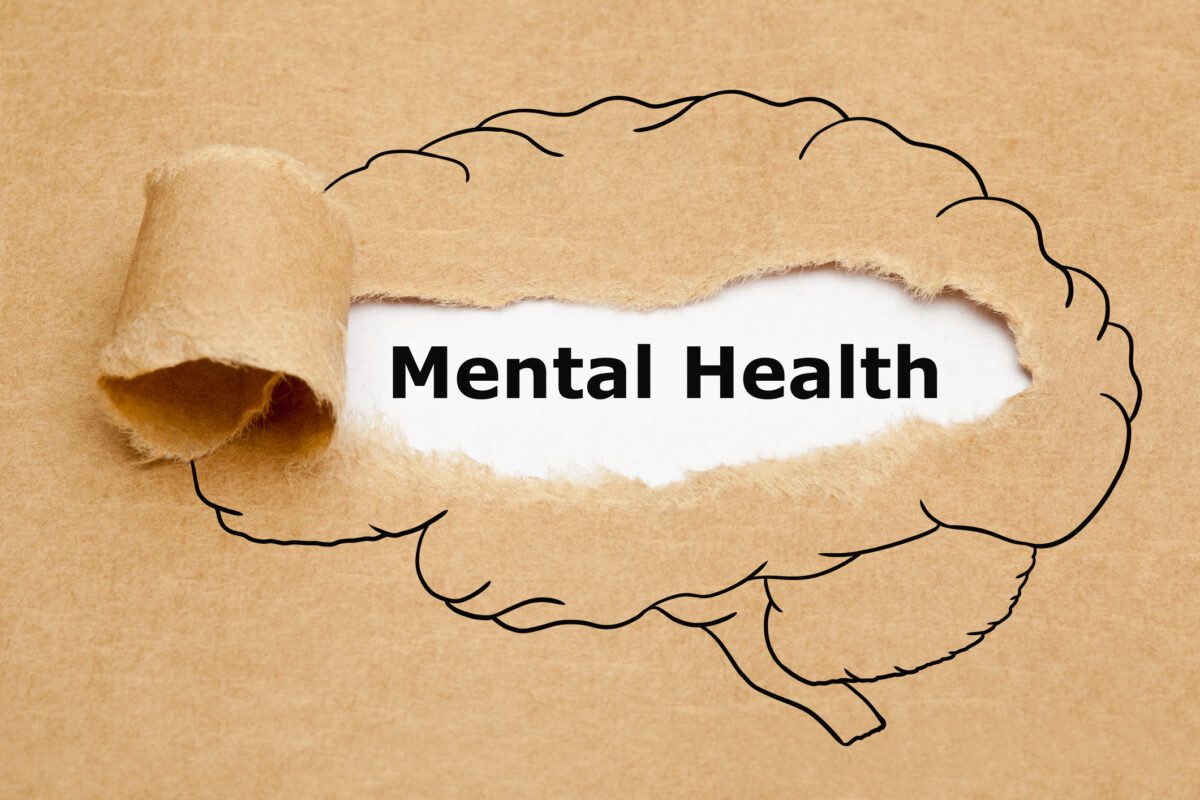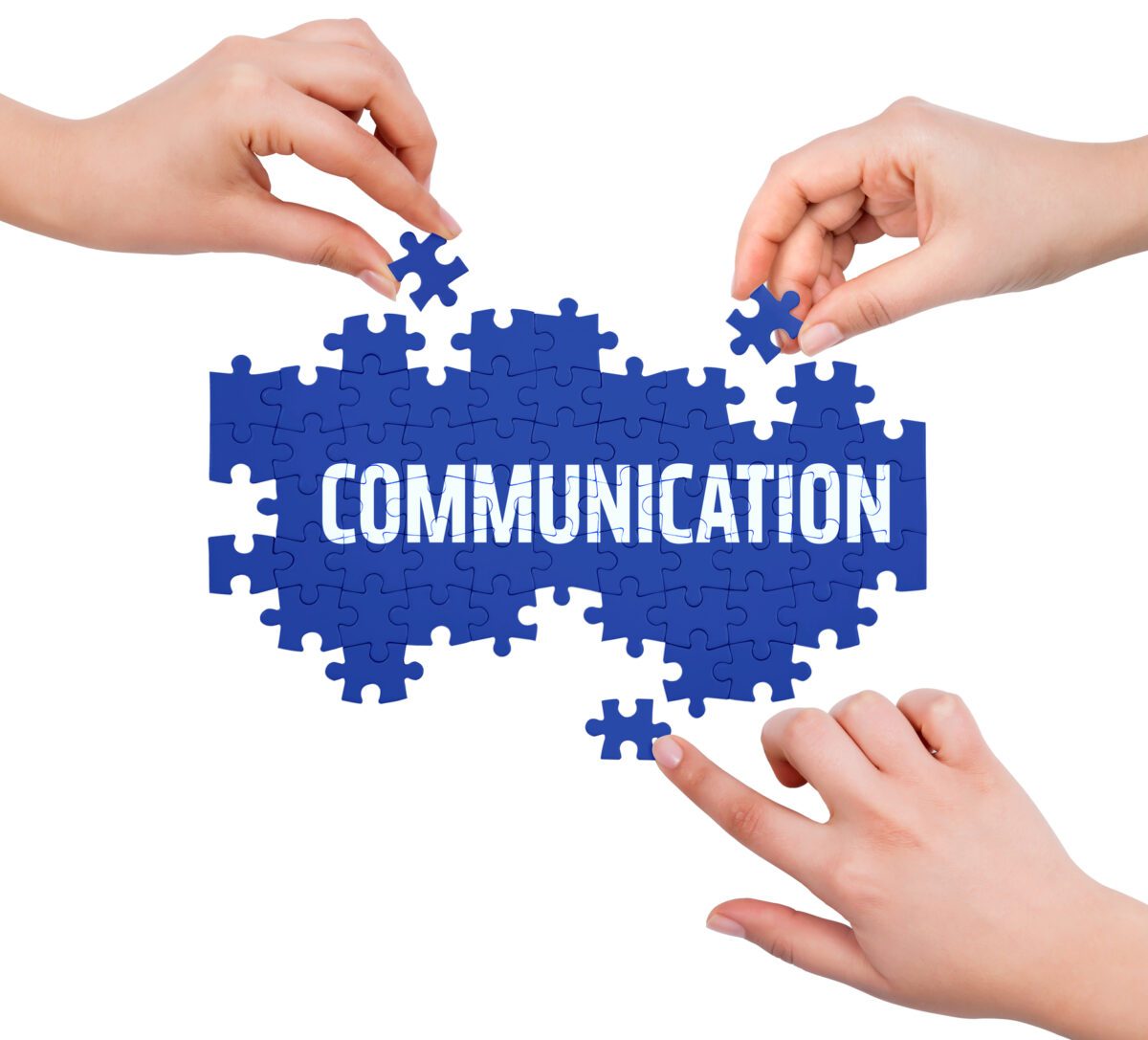What Is Binge Eating Disorder
Binge eating disorder (BED) involves frequently consuming unusually large amounts of food in one sitting, and feeling that eating behavior is out of control. BED is both under-diagnosed and yet the most prevalent eating disorder in the country. In fact, there are 2.5 times more people struggling with binge eating disorder than with anorexia and bulimia combined. The disorder can affect anyone at any weight, size shape, age, or gender.
Many times, individuals may feel they have a lack of willpower or strength to resist the urges to binge eat. Individuals with BED may swing to the other extreme and begin restrictive diets, which may continue the cycle of binge eating, alternating with dieting. This binge-restrict cycle tends to lead to more negative, shameful feelings about oneself. It is much more than just “yo-yo dieting,” it is a life threatening, but treatable disease.
An individual who struggles with binge eating disorder may also struggle with other mental health conditions, such as depression, anxiety, bipolar disorder, substance use, ADHD, or post traumatic stress disorder (PTSD). Binge eating may also contribute or worsen physical conditions, such as high blood pressure, cardiovascular disease, or diabetes.
Symptoms of Binge Eating Disorder:
1. Frequent overeating, at least once a week for three months.
Eating large amounts of food when not physically hungry. What constitutes a “large” amount varies for different people. Individuals with BED may often report consuming a whole box and bags of food, frequent trips to the fast food restaurants, or eating twice as much as they normally eat in a similar setting.
2. Eating more rapidly than normal
Eating more rapidly than normal, typically eating large quantities of food within a 2 hour period of time. During the binge eating episode individuals may feel out of control and rushed to finish the binge before others find out.
3. Feeling disgusted, depressed, or guilty after eating.
Binge eating episodes are commonly followed by a judgment that you have done something “bad”, which may trigger guilt and shame. Individuals may also report increased depressed mood, including feelings of sadness, worthlessness, hopelessness or loneliness.
4. Experiencing a loss of control:
Individuals with binge eating disorder may describe themselves as having poor self-control or loss of willpower. Binge eating disorder is not about the lack of willpower. An important aspect of this disorder is an extreme loss of control during binge eating episodes. This loss of control often becomes so intense that people only stop binge eating when feelings of intense pain or nausea set in.
5. Eating in secret:
Most binge eating episodes occur behind closed doors, away from public spaces, such as restaurants or social events. The individuals may avoid eating in front of others for fear of attention or embarrassment. One may tend to isolate, avoid social gatherings, or eat only at home, in their car away from people they know.
6. No compensatory behaviors:
The binge eating is not associated with the recurrent use of inappropriate compensatory behaviors (purging or overexercise) as in bulimia nervosa, and does not occur exclusively during the course of bulimia or anorexia nervosa.
Treatment
There are evidence based treatments that have helped many individuals treat their eating disorder. Reach out to your primary care physician to get help and find a team of a psychiatric medication provider, therapist, dietitian, and a support group for individuals struggling with binge eating.
Therapy and the support groups may help you focus on talking about your feelings and how any negative feelings or thoughts may be affecting your eating behaviors. For example, you might talk about how stress triggers a binge. You may work one-on-one with a therapist or in a group with others who have binge eating disorder.
Nutritional counseling may be beneficial to help develop structured healthy meals, while avoiding any diets, excessive exercise, or other eating disorder behaviors. A dietitian helps teach us how to eat healthy and nourish our bodies. The intent is never to focus on the weight, but the focus on feeling healthy and taking care of our body.
Medications may also be included in the treatment plan. Psychiatric medications to help treat anxiety or depression may help treat the underlying mood disorder.
Many individuals do improve with treatment and are able to regulate their mood and eat in a healthy way that does not harm them emotionally or physically. The trajectory of recovery is typically not always straight and linear. Relapses or slips back into the eating disorder are very common, and having a support team along the way can help make the recovery process more manageable. Knowing there is a group of professionals to support you. Recovery is possible.














